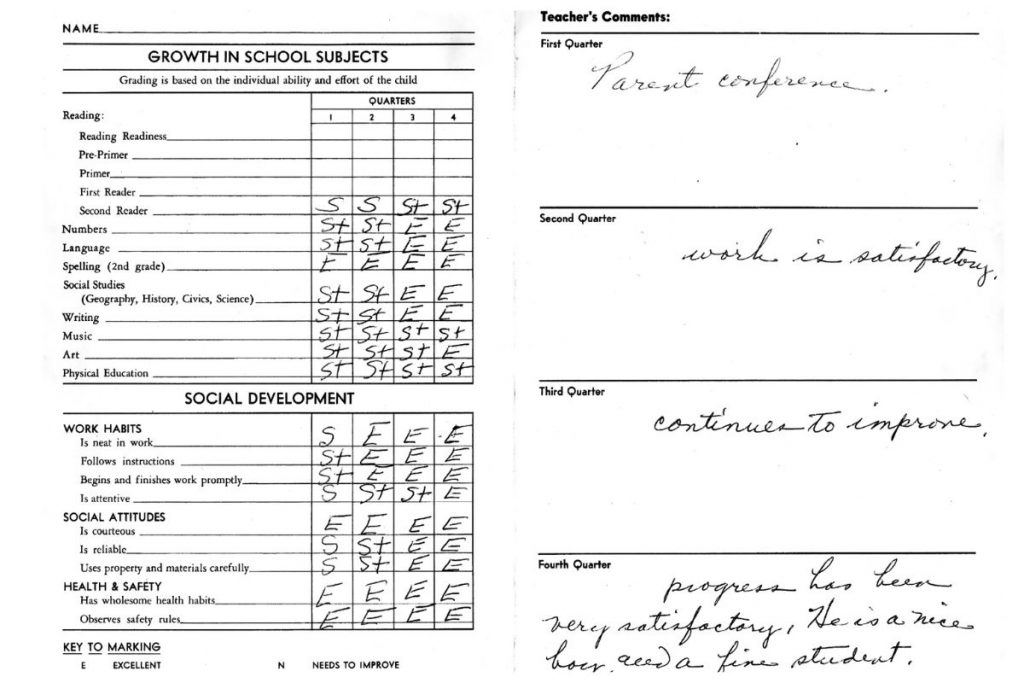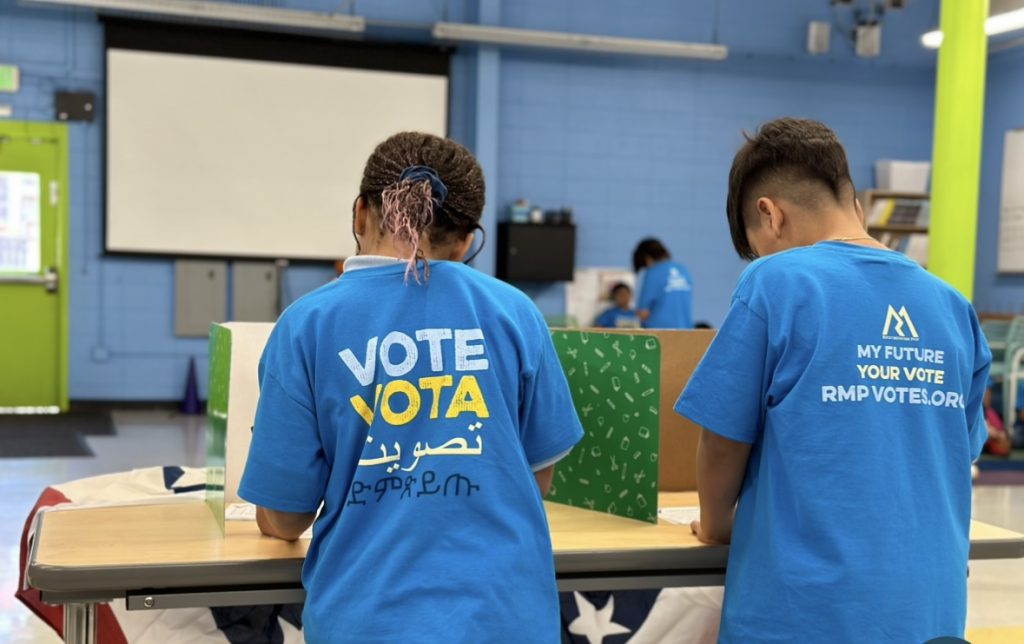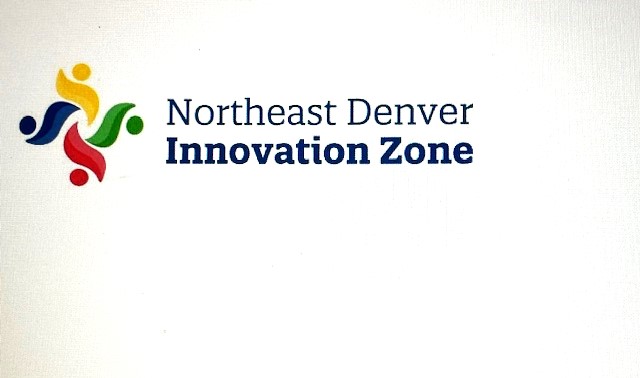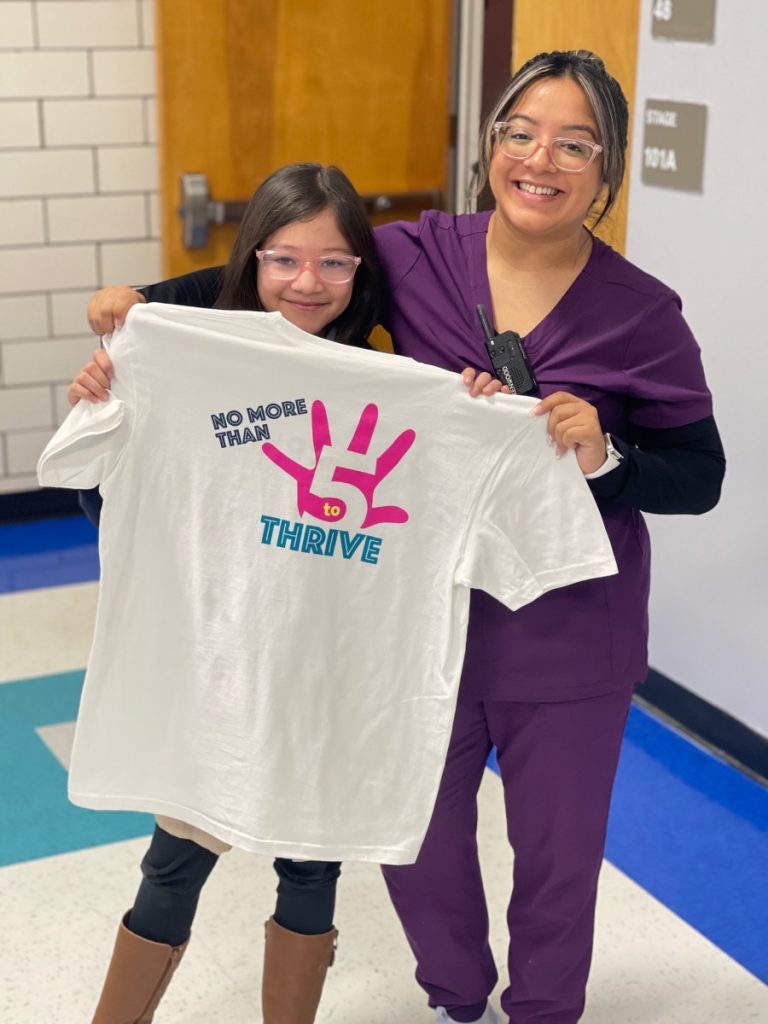A school reform advocacy group on Monday presented the Denver Board of Education with a host of measurable goals to raise achievement, enhance student safety and make school data more accessible to parents and the public.
EDUCATE Denver, a diverse group of civic leaders, developed more than 25 goals for DPS that the group will track monthly, to measure progress with a focus on raising achievement for students of color, special education students, and those from low-income families.
“This is not intended as a negative, punitive or ‘gotcha’ activity’,” EDUCATE Denver co-chair Therese Peña told the school board during the public comment period Monday evening. Peña is a former Denver school board president.
“Instead, the progress report will serve as an accountability tool that assists the community in understanding your work. It will help all of us know with certainty whether we are taking appropriate and timely steps that move students in the right direction.”
She said her group started to develop goals a year and a half ago, and it’s taken this long to narrow the list at a time when new board leadership has emerged since the fall that is more receptive to a sharper focus on achievement.
Her group “believes these objectives are reasonable milestones en route to our more aspirational goals for the district,” she said.

EDUCATE Denver co-chair Rosemary Rodriguez, a former DPS board member and Denver City Council president, outlined in a prepared statement some of the specific goals and objectives that EDUCATE Denver wants DPS to achieved by the end of the current school year:
- Increase the percentage of 3rd-to-10th graders who are proficient in language arts and math to equal or exceed the levels achieved in 2018-19, prior to the Covid pandemic. For example, 30% of DPS students in those grades met state standards last school year compared to 33% in 2018-19.
- Increase the state’s growth metric (median growth percentile) of students whose family incomes qualify for free or reduce lunches from 47th percentile MGP to 55th percentile in language arts and from 48th percentile to 55th percentile in math.
- Sharply reduce the achievement gap measured by state standards between white and students of color. Examples: Reduce the language arts gap for Black students from 46% to 36% points; reduce the math gap from 47% to 37% points. For Latino students, reduce the language arts gap from 49% to 37% points; reduce the math gap from 44% to 34% points.
- Increase the percentage of graduates who attend college, technical careers, the military or career pathways from 46% to the 54% pre-pandemic rate.
- To bolster school safety, update and revise the DPS “discipline matrix” to make it consistent with national best practices.
- Provide parents with more accessible and transparent data on school performance similar to the recent Mile High School Guide published by the nonprofit education group RootEd.
The first progress report will be published on the EDUCATE Denver site on Friday following the school board’s 4:30 p.m. Thursday meeting.
The board takes no action during public comment sessions like Monday’s. It’s unclear from the preliminary agenda for Thursday’s meeting whether any of the specifics above will be discussed.
Among the members of EDUCATE Denver are former Denver mayors Wellington Webb and Federico Peña, state Sen. James Coleman, former University of Colorado President Bruce Benson, former school board members and Lt. Gov. Barbara O’Brien, and other former DPS board members and leaders of non-profit and education organizations.
This is not the only group this week tracking DPS achievement: A long-awaited study of Latino students in district schools will be released today, Tuesday March 19. It will include achievement and other measures.




